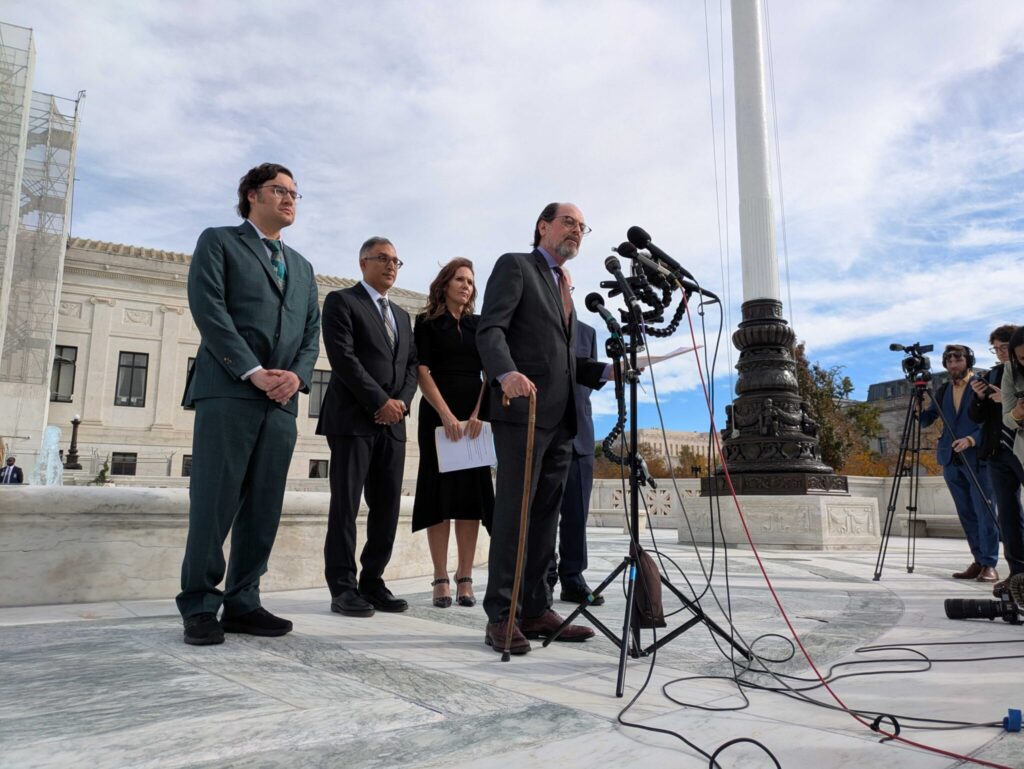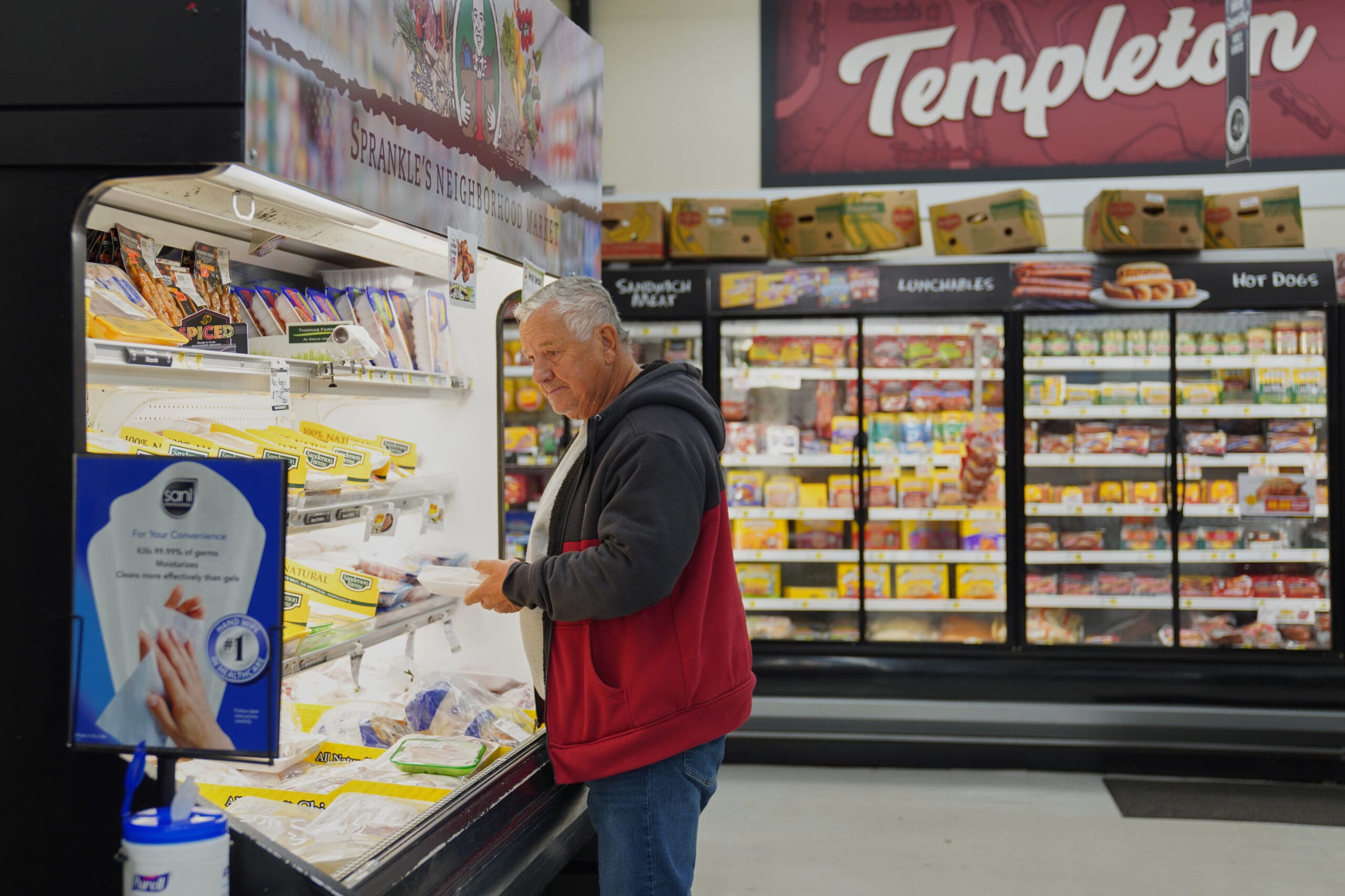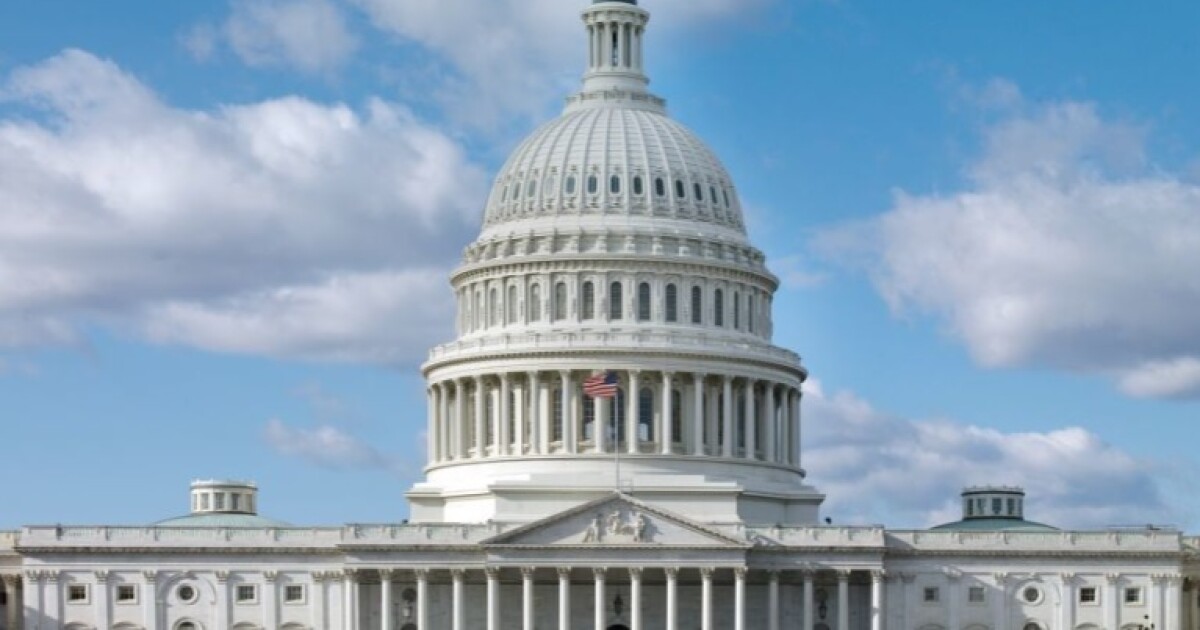WASHINGTON — The U.S. Supreme Court deliberated on whether President Donald Trump violated the Constitution by imposing global tariffs under an economic emergency powers statute. This law is typically used for rare threats. Both conservative and liberal justices questioned the extent of presidential power under IEEPA, showing skepticism about how Trump officials interpret the statute.
The court case attracted significant attention. Members of Trump’s Cabinet, Congress, and comedian John Mulaney were present. The tariffs are central to Trump’s foreign policy, credited in negotiations with the EU, Japan, South Korea, Vietnam, and China.
For almost three hours, justices examined the language of the International Economic Emergency Powers Act (IEEPA), a sanctions law from the 1970s invoked by Trump to impose import taxes globally. Key figures such as Treasury Secretary Scott Bessent and Commerce Secretary Howard Lutnick attended. U.S. House Ways and Means Chairman Jason Smith and several senators were also present.
Mulaney attended to support Neal Katyal, who argued for small businesses suing Trump over the tariffs. The case questions whether the president has unilateral authority under IEEPA. Trump is the first to use this law for import taxes, previously used for sanctions during crises like the 1979 Iran hostage situation.
Small business owners ‘footing the bill’
Small business owners argued that Trump’s tariffs, imposed under IEEPA, are harming their livelihoods. Since Trump’s emergency declarations, U.S. businesses have faced tariffs from 10% to 50%, depending on origin. “It’s American businesses like mine and American consumers that are footing the bill,” said Victor Schwartz, a lead plaintiff.
The legal challenge, supported by Democratic state attorneys general, asserts that Trump overstepped Congress’s taxing power, as outlined in the Constitution. Plaintiffs include various small businesses across the U.S., such as a plastics producer and a fishing gear company. State attorneys general from several states joined the suit, alongside Illinois-based toy makers.
Solicitor general argues ‘power to tariff’
The Trump administration insists tariffs are vital for economic and national security. U.S. Solicitor General John Sauer argued that IEEPA allows the president to regulate imports during “unusual and extraordinary threats.” Chief Justice Roberts questioned the absence of the term “tariffs” in the statute. Sauer argued that regulating imports historically includes tariffs.
Many emergencies
Justice Elena Kagan questioned why IEEPA would allow presidents to bypass constraints on tariffs. Sauer countered that IEEPA requires formal emergency declarations, subject to Congressional oversight. Kagan noted recent cases showing frequent use of emergency powers. Trump has repeatedly petitioned the Supreme Court on various issues, avoiding a full argument process.
Trump comfort with tariffs
Justice Brett Kavanaugh questioned why past presidents haven’t used IEEPA for tariffs despite trade disputes. Sauer suggested that Trump is uniquely comfortable using tariffs as a tool. Political reasons might also explain the difference. Trump has imposed tariffs on countries like China, Canada, and Mexico, citing fentanyl smuggling and trade imbalances as national emergencies.
Fentanyl smuggling targeted
Through executive orders, Trump declared tariffs on nations allegedly responsible for fentanyl smuggling. The president escalated tariffs globally, targeting countries with trade surpluses over the U.S. Recently, Trump imposed additional tariffs on goods from India and Brazil, citing geopolitical issues. Treasury Secretary Bessent expressed confidence in the administration’s case.
—
Read More Montana News










